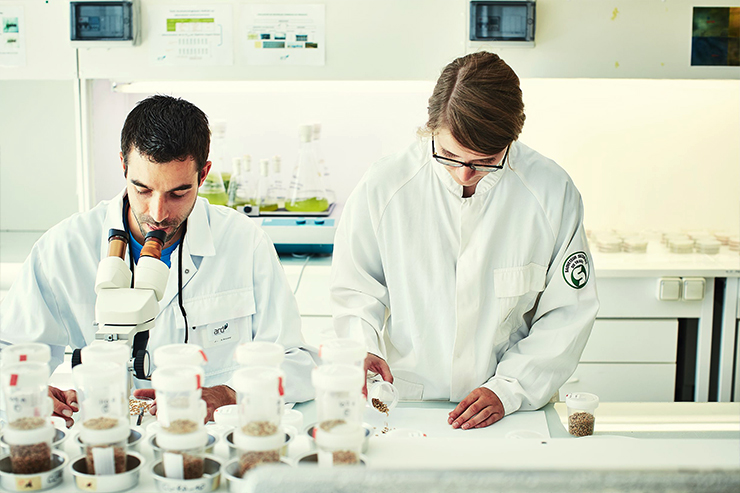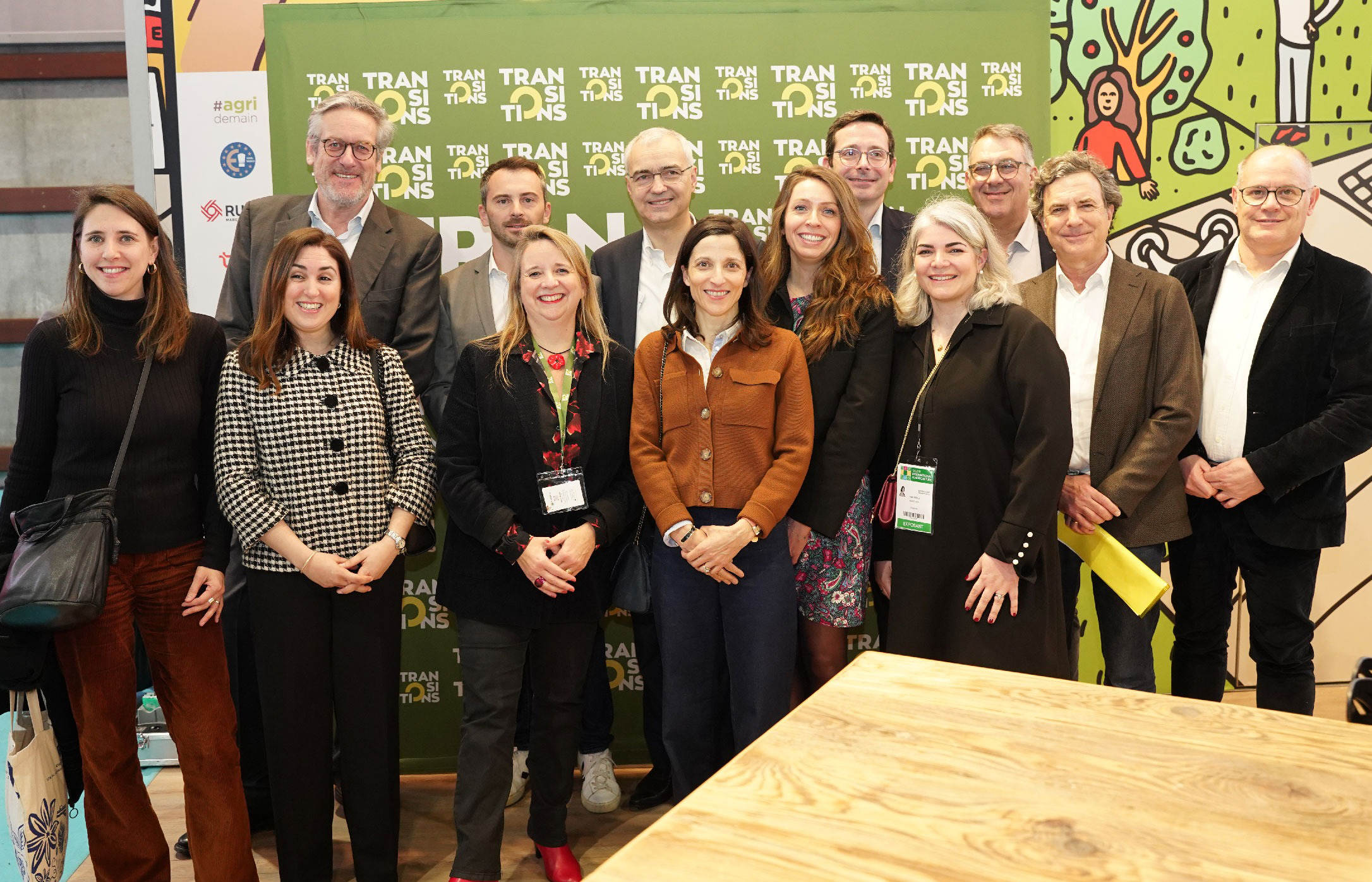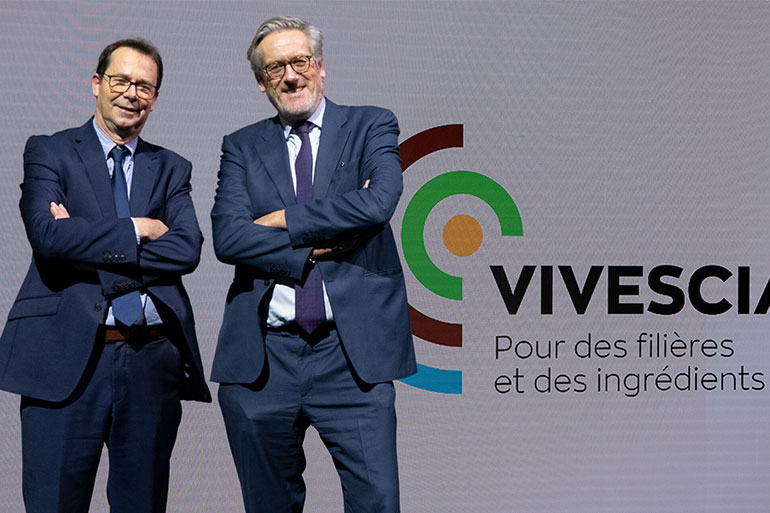Bio-inputs: R&D, partnerships and experiments


Bio-inputs are a major avenue for progress for developing sustainable agriculture. For this reason, they interest many farmers in France, across Europe, and in the rest of the world. To accelerate this movement, we need to share and pool our knowledge! This approach is completely consistent with the logic of the VIVESCIA cooperative group: Sharing and combining skills is in our DNA.
As with other subjects, for reasons of efficiency, speed, and cost VIVESCIA's teams are not alone in working on bio-inputs. There is a plethora of experiments and partnerships to speed up the development of these products of the future, to adapt them to large-scale grain crops, and to make them available to farmers as quickly as possible. The ultimate objective is clear: to reduce the use of conventional plant health products.
Why adapt bio-inputs to large-scale crops?
Bio-inputs currently work well in vegetable cropping or arboriculture because the growing conditions — in particular the surface area – can be controlled easily. Their efficacy is more variable with large-scale grain crops. For grain, bio-control products are currently more of a complement or a partial alternative to health products.
How to manage networked experiments
Over the last few years, many stakeholders have started tackling the development of bio-inputs, and bio-control products in particular. Alongside the work conducted with ARD's experts, VIVESCIA has long-standing, regular collaborations with universities*, private- and public-sector stakeholders, start-ups, etc. But beyond laboratory research, large-scale experiments in fields are decisive for evaluating the efficacy of products. As a cooperative farming group, VIVESCIA is in a good position to conduct them: our teams have extensive experience in this area. We therefore take part in tests on various products developed by other organisations.
VIVESCIA is part of a national collaborative network called R2E (Réseau d'expérimentation d'excellence – excellence in experimentation network), which brings together cooperatives that comply with good experimental practice (GEP). As part of this collaboration, we work with ARVALIS - Institut du végétal, an applied farming research institute, on the evaluation and development of these new solutions for large-scale crops.
*Ecole Centrale Supelec, AgroParisTech, Reims Champagne Ardenne University, Neoma Business School
Why promote bio-control in France and abroad?
In France, ARD is a founding member of the Bio-Control Consortium, a public-private partnership created in January 2017 and sponsored by INRA (the French national agricultural research institute). It promotes the elaboration of R&D projects between manufacturers of plant health products, companies already working on bio-control, and public research institutes.
At international level, ARD is a member of the International Biocontrol Manufacturers' Association (IBMA), which brings together private sector stakeholders from around the world. This association of manufacturers plays an active role in lobbying for new regulations to facilitate marketing authorisations for bio-control products.




